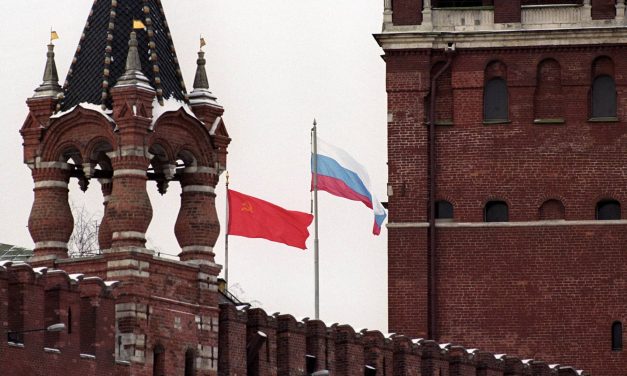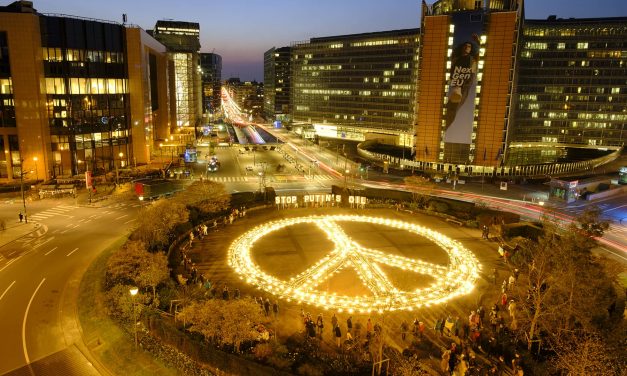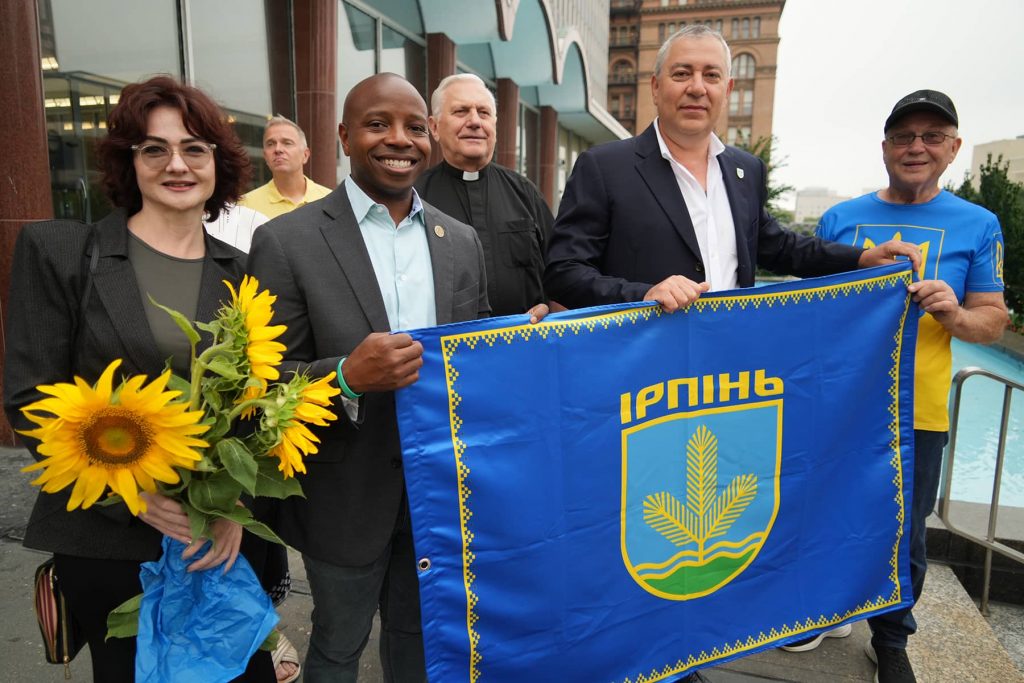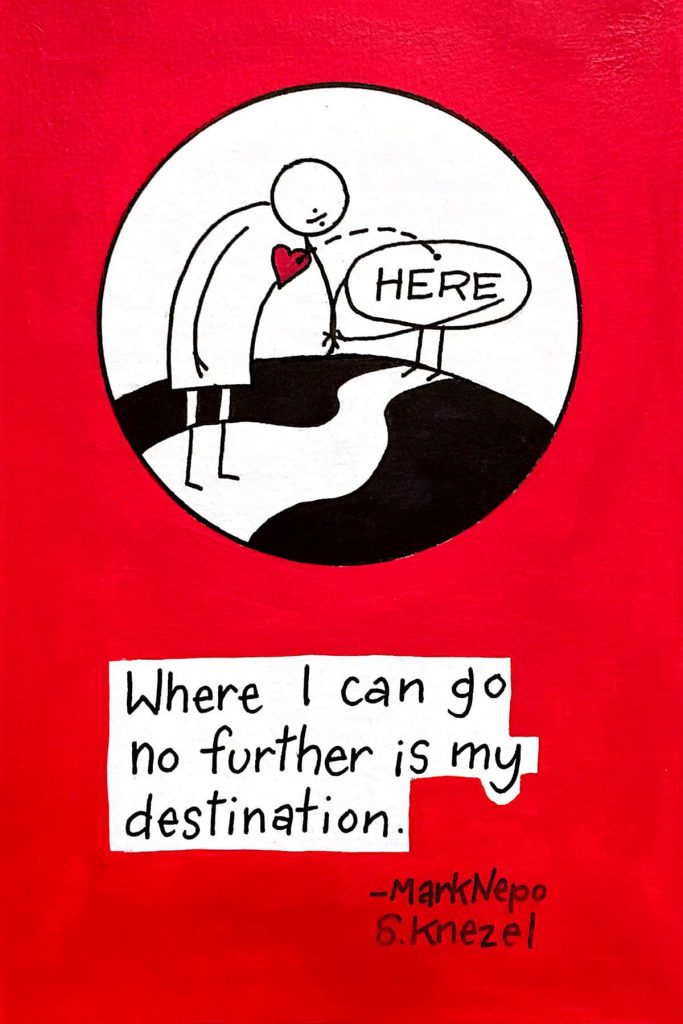The Other Drug Problem: How a trend of polypharmacy is affecting the health of Baby Boomers
By Laurie Archbald-Pannone, Associate Professor Medicine, Geriatrics, University of Virginia Baby boomers, anyone born in the United States between 1946 and 1964, are 20% of the population, which is more than 70 million Americans. Decades ago, many in that generation experimented with drugs that were both recreational and illegal. Although boomers may not be using those same drugs today, many are taking medications, often several of them. And even if those drugs are legal, there are still risks of interactions and side effects. The taking of multiple medications is called polypharmacy, typically four or more at the same time....
Read More
















